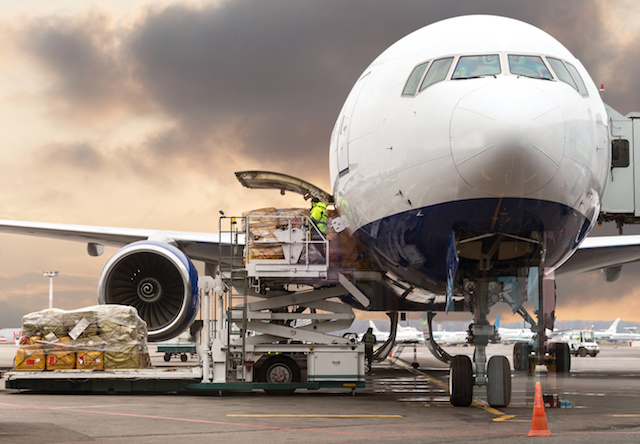 Brendan Sullivan Global Head of Cargo, IATA
Brendan Sullivan Global Head of Cargo, IATA

Air cargo is a critically important industry. This pandemic has reminded us of that. During the crisis, it has been a lifeline for society, delivering critical medical supplies and vaccines across the globe and keeping international supply chains open. And for many airlines, cargo became a vital source of revenues when passenger flights ground to a halt.
Cargo demand is expected to exceed pre-crisis (2019) levels by 8 per cent for 2021 and revenues are expected to rise to a record $175 billion, with yields expected to grow by 15 per cent. This year (2022) demand is expected to exceed pre-crisis (2019) levels by 13 per cent with revenues expected to rise to $169 billion.
Short term priorities
Air cargo has demonstrated resilience throughout the crisis and the outlook is positive, but the pandemic restrictions continue to blight the industry. The pressures of labour shortages and constraints across the logistics system are stalling growth. Manufacturers are unable to get vital goods to where they were needed, including PPE. Immediate action is required by governments to relieve pressure on global supply chains.
Governments need to ensure that air crew operations are not hindered by Covid-19 restrictions designed for air travellers. They need to implement the commitments governments made at the ICAO High Level Conference on Covid-19 to restore international connectivity, including for passenger travel to ramp-up vital cargo capacity with “belly” space. And policy incentives are needed urgently to address labour shortages where they exist.
Long term priorities
Longer-term the industry needs to focus on three priorities: sustainability, modernisation, and safety.
Sustainability is the industry’s license to grow. Shippers are becoming more environmentally conscious and held accountable for their emissions by their customers. Many are now reporting how much their supply chains produce in emissions, and they are looking for carbon-neutral transportation options. As an industry we need to meet customer expectations for the highest standards of sustainability.
Modernisation is also critical. The pandemic accelerated digitalisation in some areas as contactless processes were introduced to reduce the risk from Covid transmission. This momentum needs to be built upon, not only to drive improvements in operational efficiency but to meet the needs of our customers. The biggest growth areas are in cross-border e-commerce and special handling items such as time and temperature sensitive payloads. Customers for these products want to know where their items are and in what condition at any time during their transport. That requires digitalisation and data. The industry has several initiatives that are moving us in the right direction: E-Air Waybill, ONE Record and Cargo XML. But we need to continue working at the same pace as we did during the Covid crisis.
The third priority for the industry is safety, specifically the transport of lithium batteries. Demand for lithium batteries continues to rise as does the risk from lithium battery related fires. Our main concern is around accidents from rogue shippers who mis-declare shipments. Government authorities need to step up and take responsibility for stopping rogue producers and exporters and industry needs to step up and expand the collection of incident data and develop methods for the data to be shared to support the airlines’ safety risk assessment processes.
Trade facilitation
In parallel, to benefit from the full social and economic potential that air cargo can provide, governments also need to support the development of the industry through reducing restrictive border tariffs, ratifying international enabling treaties and effective trade policies such as MC99, the revised Kyoto Convention and the WTO Trade Facilitation Agreement (TFA).
As of today, 154 countries have ratified the agreement – 94% of WTO membership. We urge governments yet to ratify the TFA to do so, and even more importantly, for signatory countries to implement it as soon as possible. The cost of inaction is high. Full implementation could boost global trade by $1 trillion per year, reducing global trade costs by an average of 14 per cent. While forecasting remains unpredictable, it is certain that if air cargo can seize upon the opportunities presented the future is very bright.
For further information, visit: www.iata.org